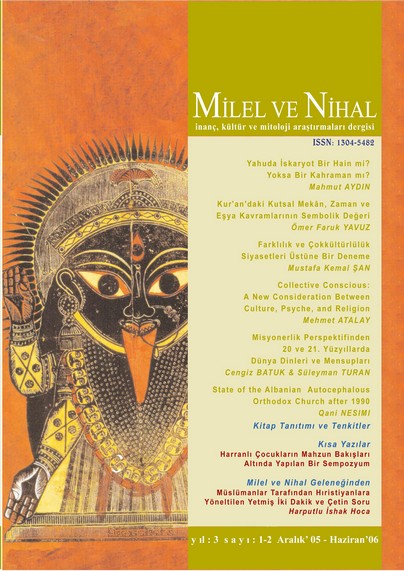

If someone distrusted his vision so thoroughly that he had his eyes surgically removed, we’d deem him insane-and handicapped. That’s a statistic you will never find with respect to vision or hearing. Surveys in Sweden, for instance, show that nearly 80 percent of citizens reject religious faith. The credence humans place in religious faith is comparatively weak. We might ask other potential witnesses what they saw, which shows that we continue to trust human vision, even if our own is in doubt.

That recourse shows the depth of trust we place in our senses. If we saw something so shocking that we questioned whether we really saw it, our first reaction would be to take a second look. Granted, a person might exclaim, “I couldn’t believe my eyes!” But that remark, even if meant literally, which it rarely is, doesn’t reflect a general mistrust of our senses. Everyone with a normal brain trusts his or her senses. He says that Christians like himself “may start with Christian beliefs and theorize on the basis of them.” He compares our awareness of God to our awareness when we “see a tree.” Religion thus stands on equal footing epistemically with our vision, hearing, and other senses. Alvin Plantinga contends that Christianity is a basic belief, a foundational presupposition.


 0 kommentar(er)
0 kommentar(er)
